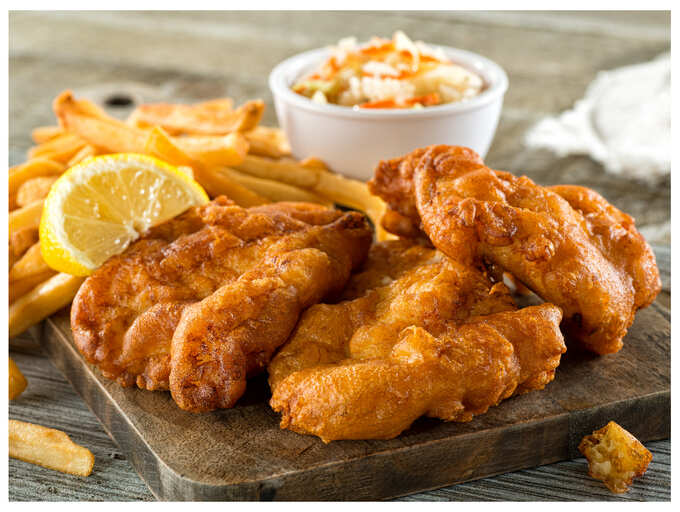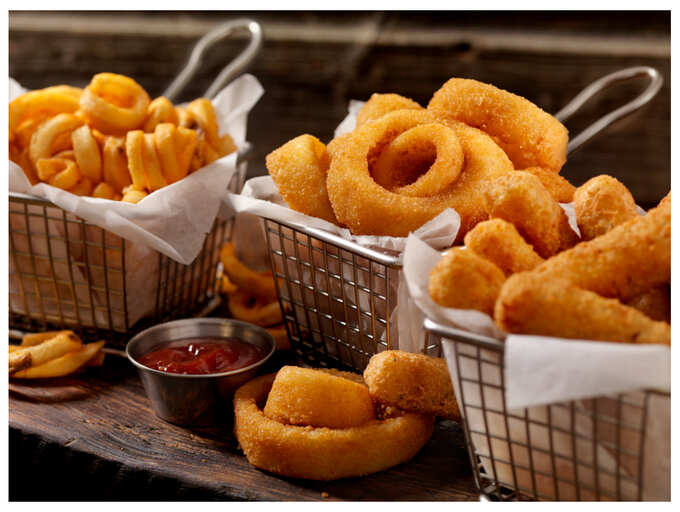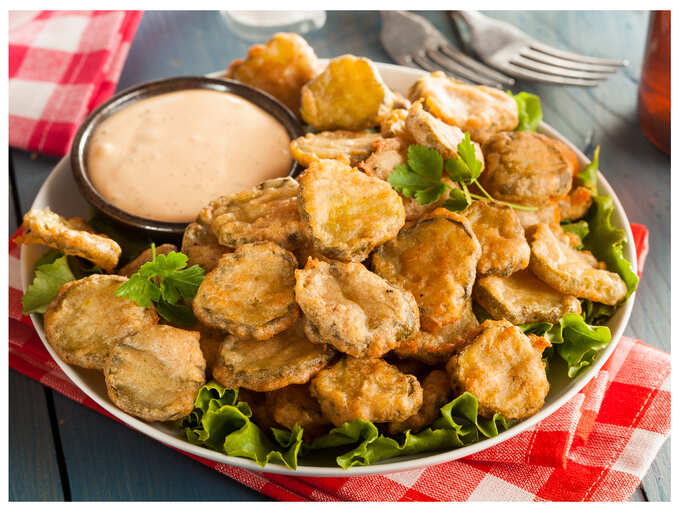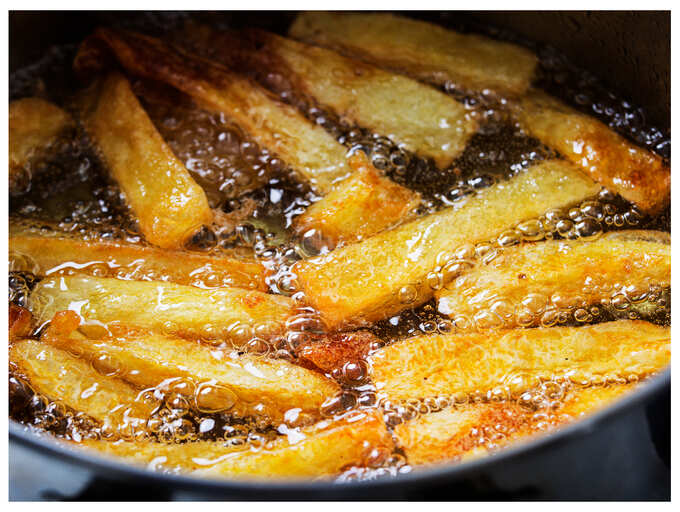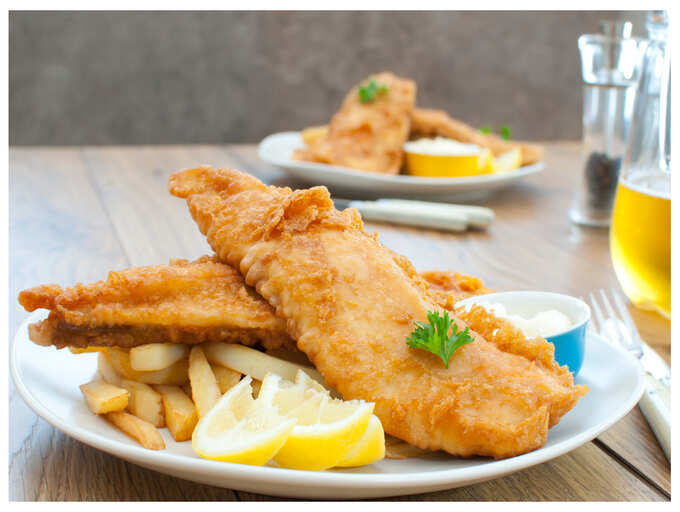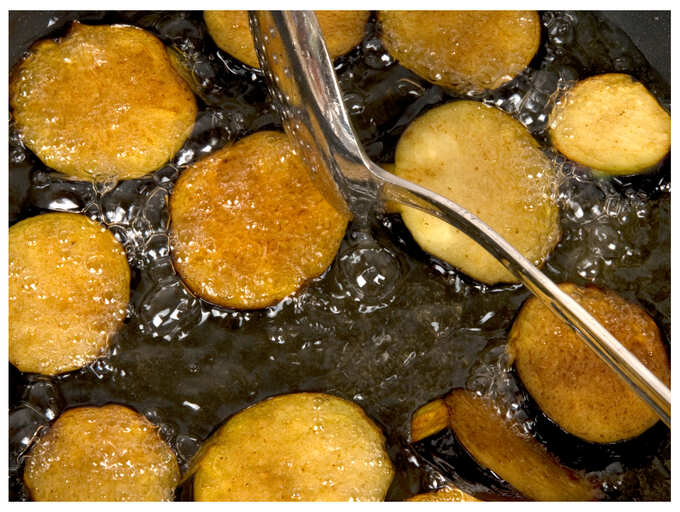01/6Benefits of using Vacuum Frying technique
Monsoon season is here and the best thing about monsoon evening is deep-fried pakodas and a piping hot cup of masala tea. While this sinful combination is loved by all, the rising concerns for healthy eating restrict us from indulging in cravings. If you are also the one who is cutting down on cravings, then we have got a healthy solution for you. Forget deep frying and try the vacuum frying technique which not only makes the dish tastier, it also keeps the nutrients intact. (Image: istock)
02/6What is Vacuum Frying technique?
It is a method of frying food, in which food is placed in a vacuum chamber and uses minimum oil at a low temperature for cooking the food. In this technique, air pressure and oil together cook the food. The temperature of the chamber is relatively low as compared to the regular wok, which further reduces the boiling point and helps in retaining all nutrients of the dish. It has been found that this method of frying lowers the release of carcinogens and promotes healthy and safe eating. (Image: istock)
03/6Vacuum versus traditional frying
In the vacuum frying technique, oil consumption for frying is less, while in the traditional deep frying technique, the amount of oil used is excessive, so that the food item is evenly cooked from all sides. (Image: istock)
04/6Uses less oil
According to health experts, the vacuum frying technique uses 70 percent less oil as compared to the traditional frying technique which further reduces fat absorption in the body and reduces the risk of increase of bad cholesterol and diseases associated with it. (Image: istock)
05/6Keeps nutrients intact
In the vacuum technique, the cooking process only removes the water content so that the dish is evenly cooked, rest it keeps all nutrients intact, as the technique doesn’t use excessive hot oil for cooking purposes. (Image: istock)
06/6Uses less hot oil
As compared to the traditional technique, the vacuum method uses relatively less hot oil which doesn’t convert food into junk and thus it is safe for the human body. (Image: istock)
For scrumptious recipes, videos, and exciting food news, subscribe to our free Daily and Weekly Newsletters.







